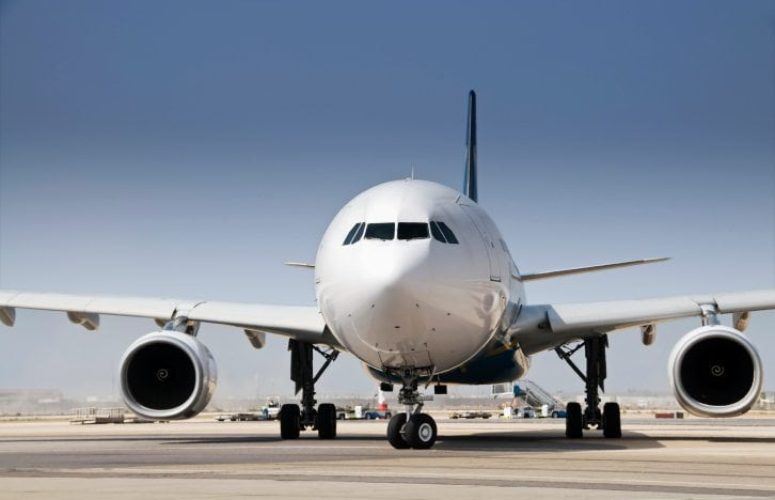
Fitch: In NY Casino Board’s Decision, AC Wins; Risks Remain
On Dec 19, 2014Atlantic City’s casinos are the main winners in the New York Gaming Facility Location Board’s decision to award a single license to a Sullivan County proposal from the Catskills/Hudson Valley region, according to Fitch Ratings. However, risks remain for Atlantic City. In addition to the anticipated opening of a second Philadelphia casino, New Jersey may decide to expand gaming outside of Atlantic City.
The licensing outcome might not have been as beneficial for Atlantic City had the location board awarded two licenses in the region and included Orange County. The county sits close to the densely populated New York, New Jersey and Connecticut suburbs, which are important feeder markets for Atlantic City.
Fitch still expects Montreign Resort Casino, the winner of the Catskills/Hudson Valley license, to cannibalize from the tri-state area’s existing casinos, but we believe the impact should be manageable. Montreign projects its full-year gaming revenues to be $301 million, which we believe is reasonable. Much of the new casino resort’s gaming revenues will likely to come at the expense of nearby casinos, as the larger region is saturated and the local population sparse.
Montreign’s revenue projection equals about 4% of the tri-state’s $8 billion gaming market (including eastern Pennsylvania casinos). Assuming 100% of the gaming revenue is cannibalized, we believe gaming revenues at the existing casinos in the region could be negatively affected by 3%-6%, depending on their proximity to Montreign’s feeder markets. Empire City Casino in Yonkers, will likely suffer the most negative impact. Other casinos, including those in Atlantic City, Queens, eastern Pennsylvania and Connecticut will also feel a negative impact, though to a lesser extent.
The revenue declines in Atlantic City should be manageable for most of the remaining casinos in the market in light of the recent closures of four casinos this year (a total of five, if Trump Taj Mahal closes). Fitch projects Atlantic City’s gaming revenues will decline by 8% to $2.6 billion in 2014 and a further 6% in 2015 to $2.5 billion (assuming Trump Taj Mahal remains open). Once the proposed casinos open in southern Philadelphia and Sullivan County, NY, Atlantic City’s gaming revenues could decline further to roughly $2.3 billion (or $2.1 billion-$2.2 billion, if Trump Taj Mahal closes).
It remains unclear whether New Jersey will legalize gaming outside of Atlantic City. While the idea of legalization outside of Atlantic City has been picking up momentum over the past year, it remains unclear if and when that would occur. Talk has been driven largely by the persistent revenue declines exacerbated by casino closures.
New York’s decision to not award a single license in Orange County diffuses the pressure to expand gaming in New Jersey somewhat, but under no scenario do we expect to see a New Jersey casino outside of Atlantic City until late 2018, at the very earliest. A 2018 opening would require a legislative measure to pass with a supermajority vote in the 2015 session and be approved by majority of voters the same year. Then there would be another year to award licenses and two more years to develop casinos. Should such a measure pass all of the necessary hurdles, 2020 becomes a more realistic time frame.
Related Articles:





